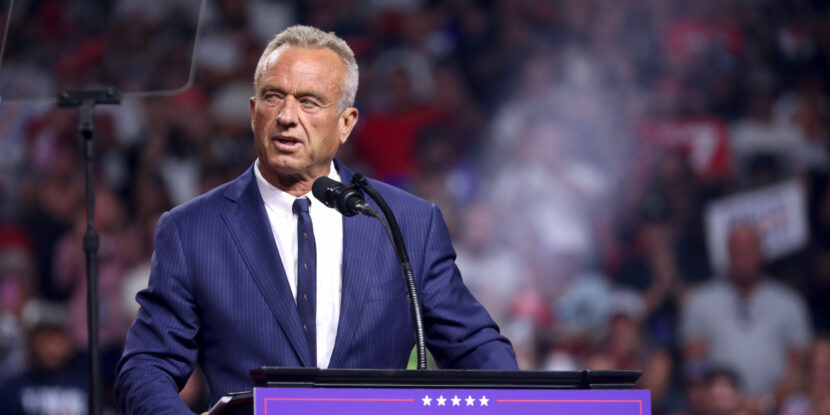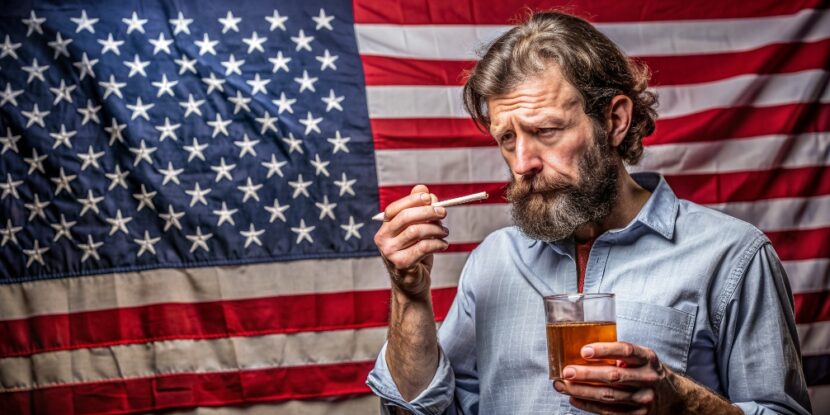❓WHAT HAPPENED: Seattle’s new mayor faces backlash after an internal police email revealed most drug possession and public use cases are being diverted to programs rather than prosecuted.
👤WHO WAS INVOLVED: Mayor Katie Wilson (D), Seattle Police Chief Shon Barnes, Seattle Police Officers Guild President Mike Solan, and nonprofit executive Andrea Suarez.
📍WHEN & WHERE: January 2026 in Seattle, Washington.
💬KEY QUOTE: “The recent naive, ignorant political decision to not arrest offenders for open drug use in the City of Seattle is horrifically dangerous and will create more death and societal decay.” – Mike Solan
🎯IMPACT: Critics argue the diversion policy undermines accountability in a city where open drug use is already common.
Seattle Mayor Katie Wilson (D) is facing backlash after an internal Seattle Police Department email revealed that most cases involving drug possession and public use will be steered toward so-called diversion programs instead of prosecution. The email, circulated by Seattle Police Chief Shon Barnes, instructed officers that eligible drug possession and use cases should be referred to the Law Enforcement Assisted Diversion (LEAD) program in accordance with guidance from the City Attorney’s Office. The message quickly drew criticism from officers and community advocates who argue the approach reinforces open drug abuse across the city.
Seattle Police Officers Guild President Mike Solan sharply criticized the approach, calling it “dangerous” and reflective of a “naïve political approach to addiction.” He warned that it risks increasing crime and overdose deaths and described the strategy as “suicidal empathy.” Solan added that some officers avoid LEAD referrals altogether, viewing the program as ineffective and driven more by ideology than results.
“The recent naive, ignorant political decision to not arrest offenders for open drug use in the City of Seattle is horrifically dangerous and will create more death and societal decay,” he said.
Andrea Suarez, executive director of the nonprofit We Heart Seattle, echoed those concerns, arguing that tolerating open drug use in public spaces only deepens addiction and accelerates harm. She said enforcement is often the catalyst that pushes individuals toward treatment and recovery.
Seattle’s debate mirrors a growing national divide over how to handle public drug use. Last year, President Donald J. Trump moved to shut down city-sanctioned drug sites in New York City, arguing that government-approved drug dens normalize illegal behavior rather than address addiction.
Join Pulse+ to comment below, and receive exclusive e-mail analyses.






